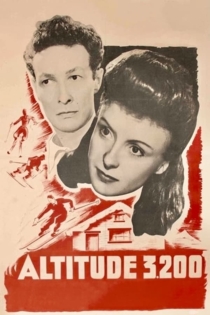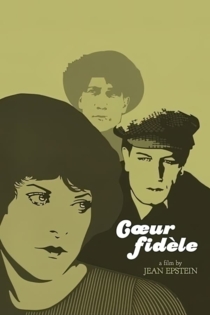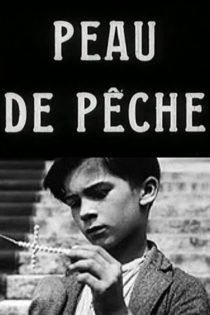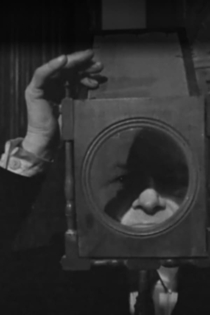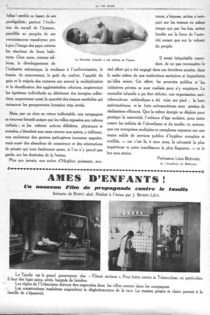
Marie Epstein
1899 - 1995La maternelle
Jean Benoît-Lévy, Marie Epstein
Madeleine Renaud, Alice Tissot
When her father files bankruptcy and then dies, Rose's fiancé jilts her; she takes a job as a maid in a Montmartre kindergarten with 150 poor children. Rose gives each child loving attention, and soon she's their favorite. An especially needy child is Marie, a prostitute's daughter. Rose and she bond, and Marie is jealous of all attentions paid Rose, especially those of Dr. Libois, the school's physician. When Rose inadvertently guides the children through the educational experiment of a visiting scholar, and then discloses she has a college degree and is working beneath her station, the principal wants to fire her. Is there any way she can stay? And what will happen to Marie?
Children of Montmartre
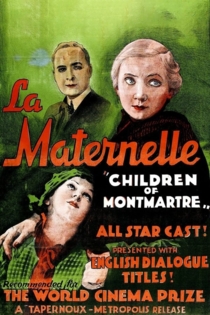
Jean Epstein, Young Oceans of Cinema
James June Schneider
Jean Epstein, Marie Epstein
This portrait of the French film theorist and avant-garde director Jean Epstein (1897-1953) concentrates on the period when he filmed in Brittany, the spot where he became inspired by the sea. Using rare archive footage, Jean Epstein, Young Oceans of Cinema also looks at Epstein’s views on the specificity of the film medium.
Jean Epstein, Young Oceans of Cinema
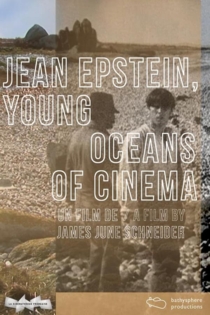
Itto
Jean Benoît-Lévy, Marie Epstein
Simone Berriau, Moulay Ibrahim
Filmed in French Morocco, Itto's dialogue is spoken primarily in the tribal Chleuh language. The jingoistic story concerns a series of clashes between French occupational forces and a rebellious Chleuh chieftain. Itto (Simone Berriau), chief's daughter, becomes embroiled in a romance with a Moroccan tribesman who has gone over to the French side. It is implied in Itto that it's okay to betray one's own people if it will preserve French colonialism in Africa. To modern viewers, the rampant chauvinism in Itto is a difficult pill to swallow.
Itto

Altitude 3.200
Jean Benoît-Lévy, Marie Epstein
Jean-Louis Barrault, Fabien Loris
"Altitude 3.200" asks the question and provides the premise of what would happen if a group of young people----poor, rich, discontented, bored--- were given an idyllic community in which to live. Call it a colony. Call it a village. Call it one-world. Mainly call it a futile exercise in changing human nature, mores, culture and attitudes at any altitude. For t'ain't no time before clashing personalities, petty jealousy, violence and---that old demon---love create havoc. And isn't much longer before they become re-united in the face of an avalanche that threatens to destroy them. They all return to whence they came, sadder and wiser.
Youth in Revolt
